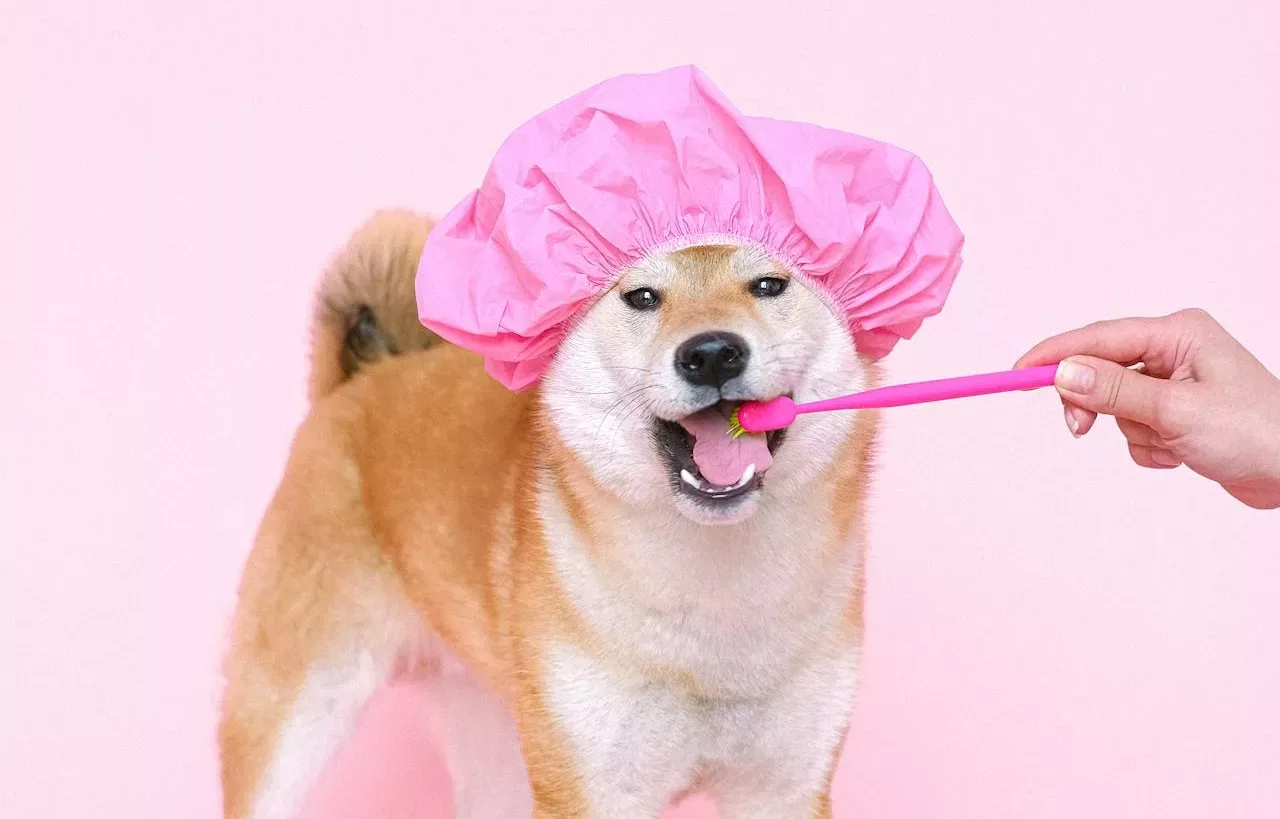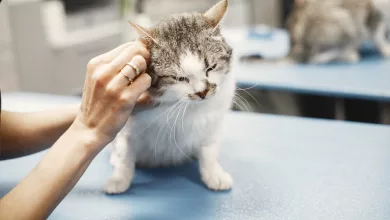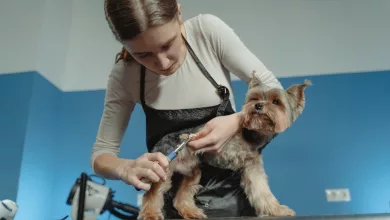Keeping your pet’s teeth clean and healthy is essential for their overall well-being. Poor dental hygiene can lead to a range of health issues, from bad breath to severe infections, which can affect your pet’s quality of life. Let’s explore some simple yet effective tips to help maintain your furry friend’s bright smile and prevent dental issues.
Why Dental Health Matters for Pets
Pets, like humans, can suffer from dental diseases, including plaque buildup, gingivitis, and periodontal disease. These issues don’t just cause discomfort; they can lead to severe infections, tooth loss, and even impact organs like the heart and kidneys if bacteria from dental infections enter the bloodstream. The benefits of proper pet dental care include:
- Fresh Breath: Regular cleaning reduces bad breath.
- Reduced Pain: Prevents gum inflammation and tooth decay.
- Better Overall Health: Reduces the risk of systemic infections.
By implementing a few routine practices, you can help your pet maintain excellent dental health.
Tips for Keeping Your Pet’s Teeth Clean and Healthy
1. Brush Their Teeth Regularly
- How Often? Ideally, you should brush your pet’s teeth daily, but even 2-3 times a week can make a difference.
- Pet-Friendly Toothpaste: Always use toothpaste designed specifically for pets. Human toothpaste contains fluoride and other ingredients that can be harmful to animals.
- Techniques for Success: Start slowly and use a soft-bristled toothbrush. Introduce the brush gently, and let your pet get used to the taste of pet toothpaste. Gradually increase brushing time as they become comfortable.
2. Provide Dental Chews and Toys
- Dental Chews: Dental chews are not just treats; they’re designed to scrape off plaque while your pet chews. Look for products that are veterinarian-approved for maximum effectiveness.
- Chew Toys: Certain toys, like rubber or rope toys, can help clean your pet’s teeth and gums. Avoid overly hard toys, as these can cause tooth fractures.
3. Choose Dental-Friendly Food
- Some pet foods are specifically formulated to reduce plaque and tartar buildup. These foods have a texture designed to scrub the teeth as your pet chews.
- Ask your veterinarian if a dental diet is suitable for your pet, especially if they are prone to dental problems.
4. Schedule Regular Veterinary Dental Checkups
- Annual dental checkups with your veterinarian are essential. During these visits, your vet can check for any signs of dental disease and perform professional cleanings if necessary.
- Professional Cleanings: Sometimes, pets require deep cleaning under anesthesia to remove plaque and tartar from hard-to-reach areas. Regular veterinary cleanings can help prevent severe dental diseases.
5. Watch for Warning Signs of Dental Issues
- Early detection of dental problems can save your pet from pain and potential health issues. Look out for signs such as:
- Bad breath
- Red or swollen gums
- Difficulty chewing
- Loose or missing teeth
- Excessive drooling
- If you notice any of these symptoms, schedule a vet visit promptly to address potential issues early on.
6. Consider Water Additives
- There are pet-safe dental additives available that can be added to your pet’s water bowl. These additives work to reduce bacteria in the mouth and help prevent plaque buildup.
- Water additives are a good supplement to brushing, especially for pets that are resistant to having their teeth brushed.
Making Dental Care Fun and Stress-Free for Pets
Dental care can be challenging, especially if your pet isn’t used to it. Here are some tips to make the experience easier for both of you:
- Start Young: Introduce dental care early in your pet’s life. Young pets are more adaptable and can quickly get used to brushing.
- Reward Positive Behavior: Use treats, praise, and affection to make the experience enjoyable. Rewarding your pet reinforces a positive association with dental care.
- Be Patient: If your pet resists, take things slowly. Try brushing for a few seconds each day, gradually increasing the time as they get more comfortable.
The Bottom Line: Healthier Pets, Happier Smiles
Keeping your pet’s teeth clean is more than just about appearances. It’s an investment in their overall health and happiness. By incorporating a few simple steps into your routine, you can help your pet maintain a bright smile, fresh breath, and a longer, healthier life.




